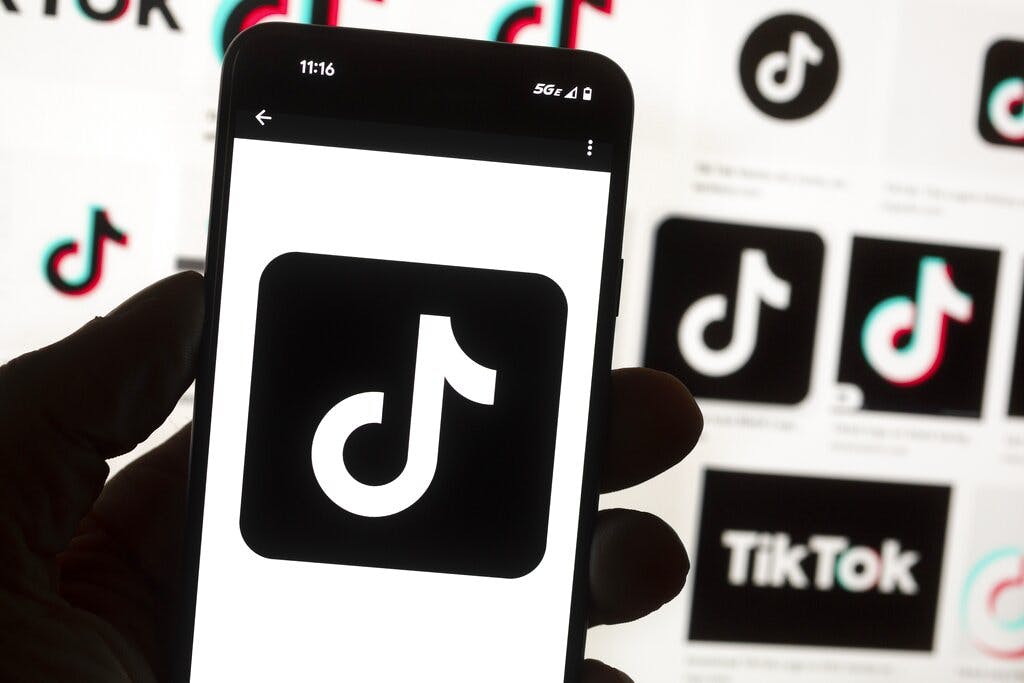
Trump Calls for Jack Smith To ‘Be Brought to Justice’ as Outrage Grows at Surveillance of President’s Aides and GOP Senators
By A.R. HOFFMAN
|While all of the legislative actions have different stated goals, they have the same goal — curbing the power of Silicon Valley over Americans’ daily lives.

Already have a subscription? Sign in to continue reading

By A.R. HOFFMAN
|
By NOVI ZHUKOVSKY
|
$0.01/day for 60 days
Cancel anytime
By continuing you agree to our Privacy Policy and Terms of Service.
By MATTHEW RICE
|